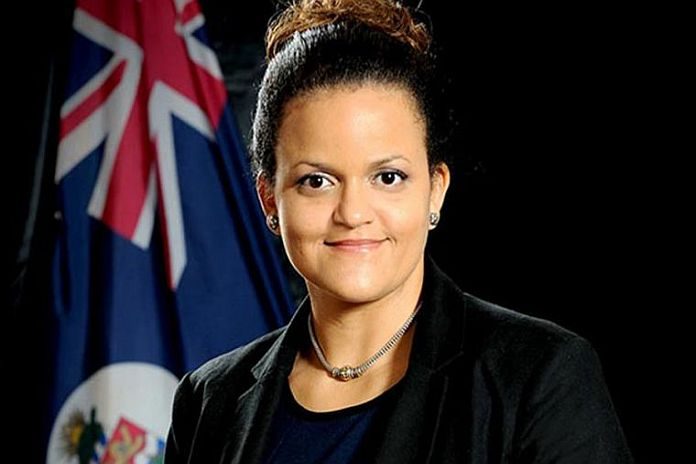GEORGE TOWN, Cayman Islands (CNS) – Financial services minister Tara Rivers told hundreds of representatives from the offshore sector recently that government was doing all it could to deal with the new demands in financial standards; meanwhile providing a review of efforts to keep pace with new standards in tax transparency, anti-money laundering and counter-terrorism financing, and prudential regulation, she told stakeholders that staying abreast of global standards for decades had made the industry here stronger.
“Maintaining an open dialogue with our industry practitioners is crucial,” Rivers said in a release following the recent event. “As Cayman continues to evolve in this dynamic global environment, we look forward to similar updates and events that allow for ongoing, constructive consultation with the industry.”
The ministry issued a statement Thursday [September 19] offering more detail about the update, said there would be further regularly scheduled meetings to update financial services practitioners in the Cayman Islands. The meetings are designed to increase engagement with industry and inform people of the various developments taking place in terms of international standards, changes to legislation, and the work being undertaken by the various departments within the ministry.
Government is currently focused on complying with the recommendations in the last Caribbean Financial Action Task Force (CFATF) review. This found a number of deficiencies in our regimes, not only within the offshore sector but also particular industries long known to be vulnerable to financial crime that have been largely ignored, such as real estate and precious metal and stone dealers.
During this update Rivers was joined by officials from the departments of financial services, international tax cooperation and the registrar of companies, as well as the Cayman Islands monetary authority.
Rivers revealed that the latest Organisation for Economic Co-operation and Development (OECD) forum on Harmful Tax Practices (FHTP) assessment of the Cayman Islands economic substance legislation had found the jurisdiction to be in line with the international standard and designated it as ‘not harmful’.
“The FHTP found that, in principle, the Cayman Islands has a fully equipped monitoring mechanism (FEMM) for the purposes of economic substance compliance, which would be reviewed for effective implementation — one of the biggest changes for the financial sector in recent times,” Rivers said.
She also spoke about sector-specific guidance notes on economic substance that are in development, with working group meetings completed and changes being incorporated. Wider industry consultation is scheduled for October.
Other officials gave an explanation of hardware upgrades at the general registry that affect the Cayman Online Registry Information System (CORIS) and the Corporate Administration Platform (CAP), which is expected to rollout mid-October. Enhanced user support and user experience rollouts are expected with both IT systems and there will be a team in place for problem resolution at the Registry.
A public consultation is now expected in November on the progress regarding the regulatory framework for virtual assets, providing a risk-based, flexible, technology-neutral regulatory framework.
The Cayman Islands Monetary Authority (CIMA) also delivered updates included Financial Action Task Force (FATF) identified issues with the Securities Investment Business Law (2019 Revision) (SIBL), Excluded Persons Regime and the establishment of an Anti-Money Laundering and Countering the Financing of Terrorism (AML/CFT), division to address FATF concerns regarding resourcing.





